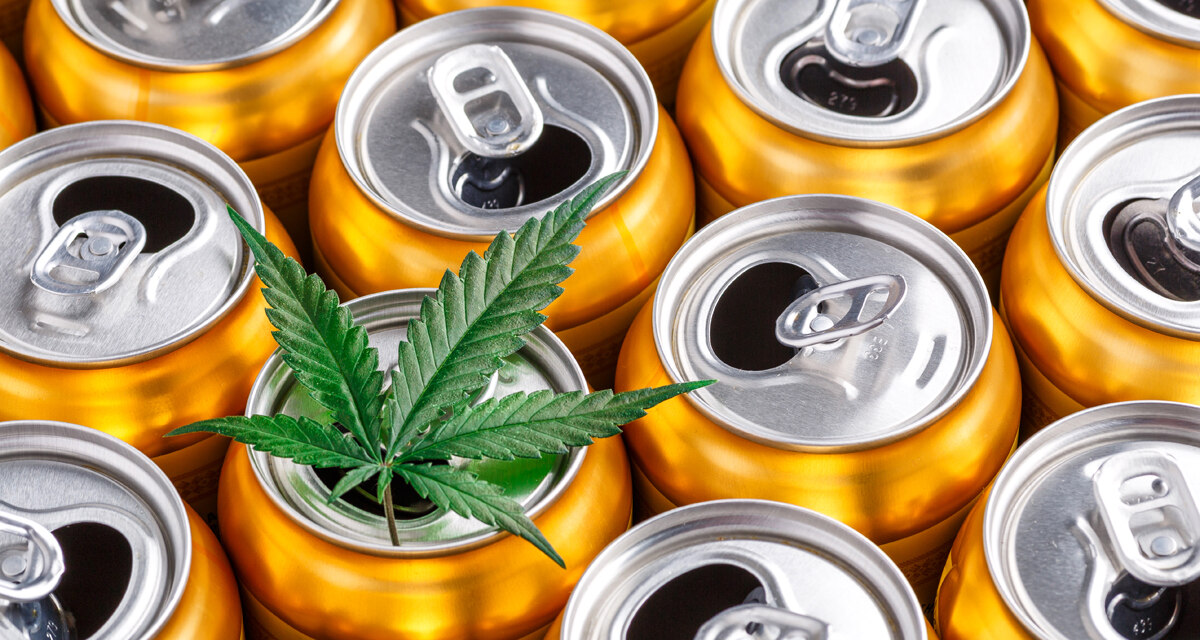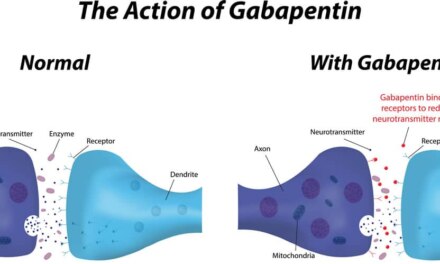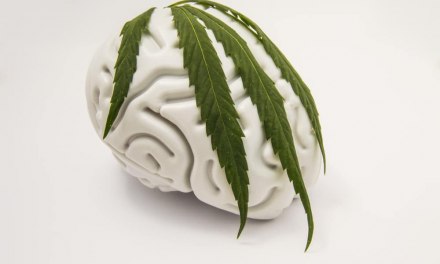This came as news to me, and possibly to you as well. It’s from Forbes, and focuses on the development of a fast-growing market for THC-infused beverages.
Weed In A Can: How Cannabis Drinks Are Changing The Ritual Of Drinking
The article describes a market segment that is “…maturing quickly, especially at the high-dose end.” That makes sense: the tendency is for users to start with lower doses, build tolerance, then look around for something stronger.
“High dose THC generated $141 million in U.S. dispensary sales, compared to $20.7 million for 10-milligram drinks and $8 million for 25-milligram formats.” It’s a clear bias in favor of high THC products. That’s where the $$$ will be.
“I want the jet-powered stuff,” a user stated, when asked. “I don’t fool around.”
Suppose some entrepreneurial daredevil comes up comes up with a 200 mg THC product. What percent of users will switch up? Probably quite a few.
Of course, that’s what the manufacturers are hoping for. They can charge more for the stronger stuff.
According to the article, the makers of THC drinks aren’t trying to compete directly with the alcohol beverage industry. Their goal is to establish their products as a preferred option for users who would rather avoid alcohol, for whatever reason. Be the alternative to booze, in other words.
A related issue: To date, we continue to lack a widely- available roadside method for detecting cannabis impaired driving. And since there’s no ‘BAC for THC’– we work on the basis of symptoms. Leaving an open field for challenges in Court.
On another front, more bad news for pot, healthwise:
Cannabis use could double risk of heart deaths, study suggests
The findings come from a large study that “…raises serious questions about the assumption that cannabis imposes little cardiovascular risk.”
One goal of the study was to “…clarify whether cardiovascular risks are limited to inhaled products or extend to other forms of cannabis exposure.” A fair question. Another was to study the effects of the massive increase in potency in users, as well as the proliferation of THC- related products.
The rearchers’ concluded that “Effective product warnings and education on risks must be developed, required, and implemented… Cardiovascular and other health risks must be considered in the regulation of allowable product and marketing design as the evidence base grows.”
“Specifically, cannabis should be treated like tobacco: Not criminalised, but discouraged, with protection of bystanders from secondhand exposure.”
I’m willing to bet Big Cannabis isn’t overjoyed to hear that.













